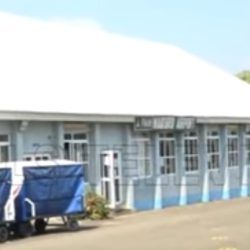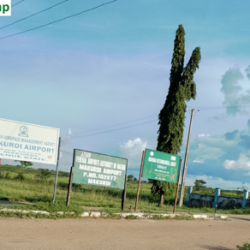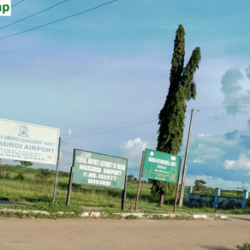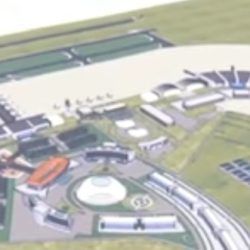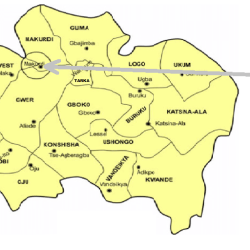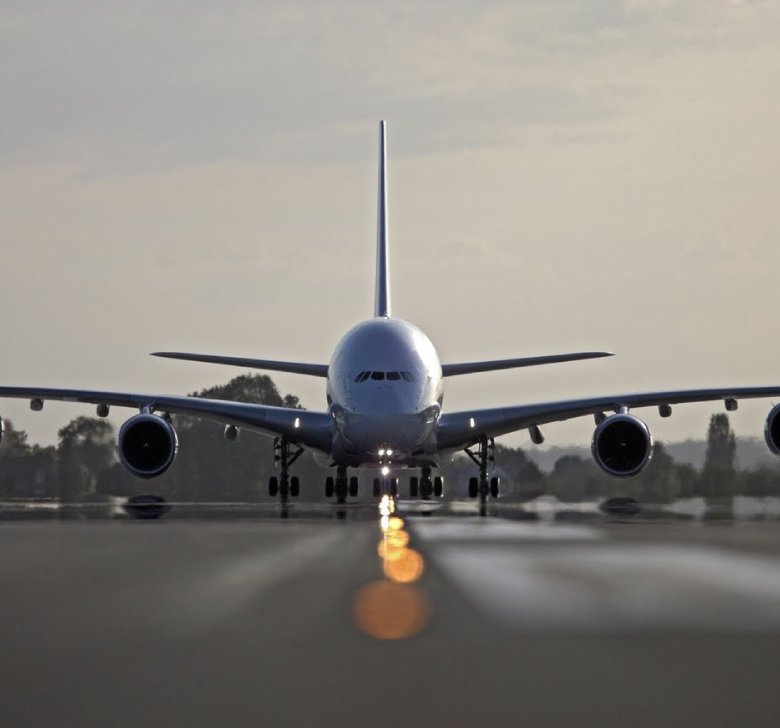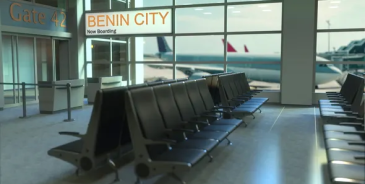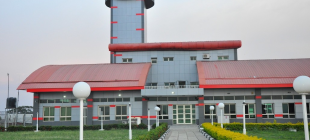Makurdi Airport commenced operation in 1983.
The Airport is located at Fiidi along Makurdi Gboko road.
Makurdi Airport (IATA: MDI, ICAO: DNMK) is an airport serving Makurdi, the capital city of Benue State in Nigeria.
The runway has an additional 266 metres (873 ft) paved overrun on each end.
The Makurdi non-directional beacon (Ident: MK) is 1.2 nautical miles (2.2 km) northwest of the runway
Runway Orientation
05R / 23L
Runway Dimension
2996M X 50M
Approach
121.50 MHz

Benue State
Benue State was created on February 3, 1976. It was one of the seven new states created by the military administration headed by the late General Murtala Muhammed, which increased the number of states in the federation from twelve to nineteen.
The state derived its name from the River Benue which is the second largest river in the country and the most outstanding geographic feature in the state.At creation, the state comprised of three local governments in the Tiv-speaking areas, namely Gboko, Katsina-Ala, and Makurdi; one local government (Otukpo) in the Idoma-speaking areas and three local governments (Ankpa, Idah and Dekina) in the Igala-speaking areas, which were excised from Kwara state.
